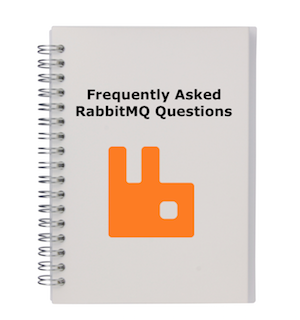There are different options of how to purge a queue in RabbitMQ. The web based UI can be used via the RabbitMQ Management Interface, or a script can be used via rabbitmqadmin or HTTP API curl.
Delete messages via:

RabbitMQ Management Interface
A queue can be purged from the RabbitMQ Management Interface. Click the Queue tab and go to the bottom of the page. You will find a dropdown "Delete / Purge" there. Press Purge to the right to empty the queue.

rabbitmqadmin
The management plugin ships with a command line tool rabbitmqadmin which can perform the same actions as the web-based UI (the RabbitMQ management interface).
Note: When using rabbitmqadmin externally, you will need to connect to your instance with TLS and a username and password must be provided. In CloudAMQP, the management plugin is assigned port 443.
If you do not have a TLS certificate you can find one here. You can obtain all other information from the dashboard of the CloudAMQP console for your instance. It is recommended that you collect your login information into a config file, "admin.conf", shown below. You can also run the commands without the config by setting each part of the config as a flag in the command (eg. password becomes --password=PASSWORD)Rabbitmqadmin config example, ensure all text is contained in quote marks as shown:
[default]
hostname = "CLUSTER_URL"
port = 443
username = "USERNAME"
password = "PASSWORD"
vhost = "VHOST"The command used to purge all messages in a single queue is:
The example below shows how the command is used for a CloudAMQP instance.
Policy
Add a policy that matches the queue names with an max-length rule. A policy can be added by entering the Management Interface and then pressing the admin tab.
Don't forget to delete the policy after it has been applied.

HTTP API, curl
The Rabbitmq Management plugin provides an HTTP-based API for management and monitoring of your RabbitMQ server. In CloudAMQP the management plugin is assigned port 443 and SSL has to be used.
curl -i -XDELETE https://USERNAME:PASSWORD@HOST/api/queues/rdkfegbx/QUEUE_NAME/contents

Please email us at contact@cloudamqp.com if you have any suggestions, questions or feedback.






